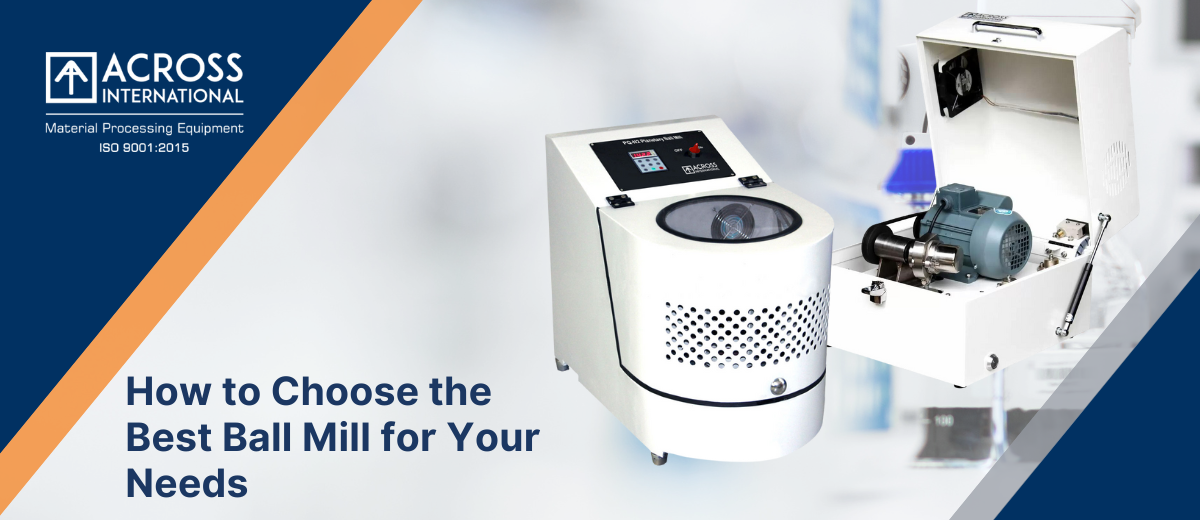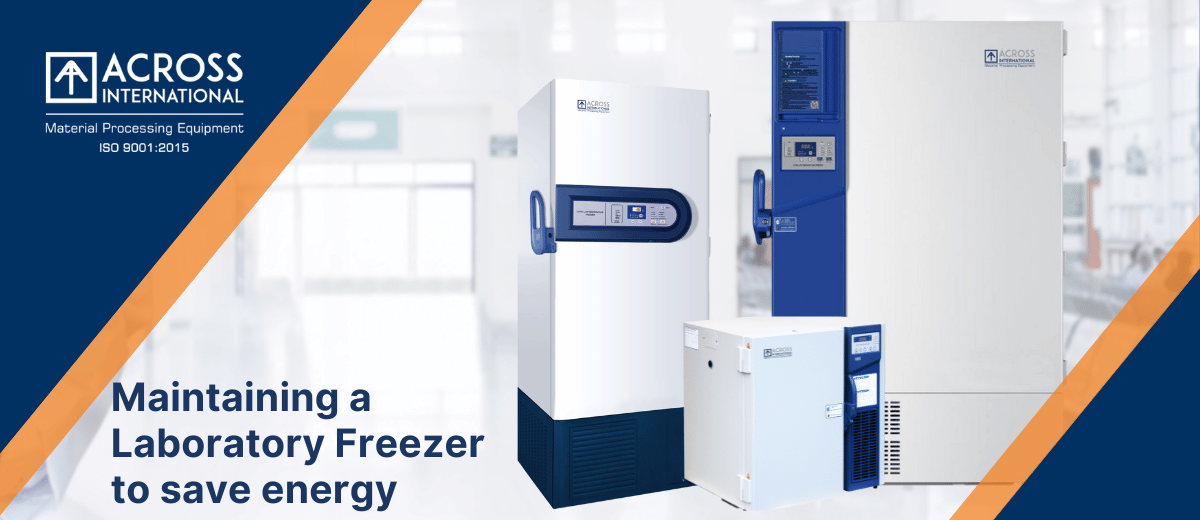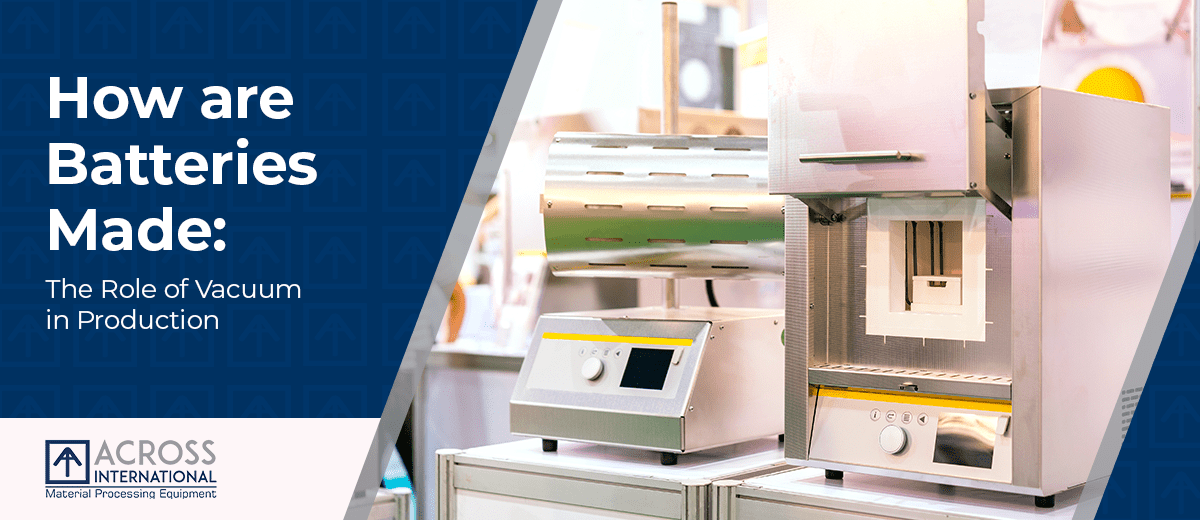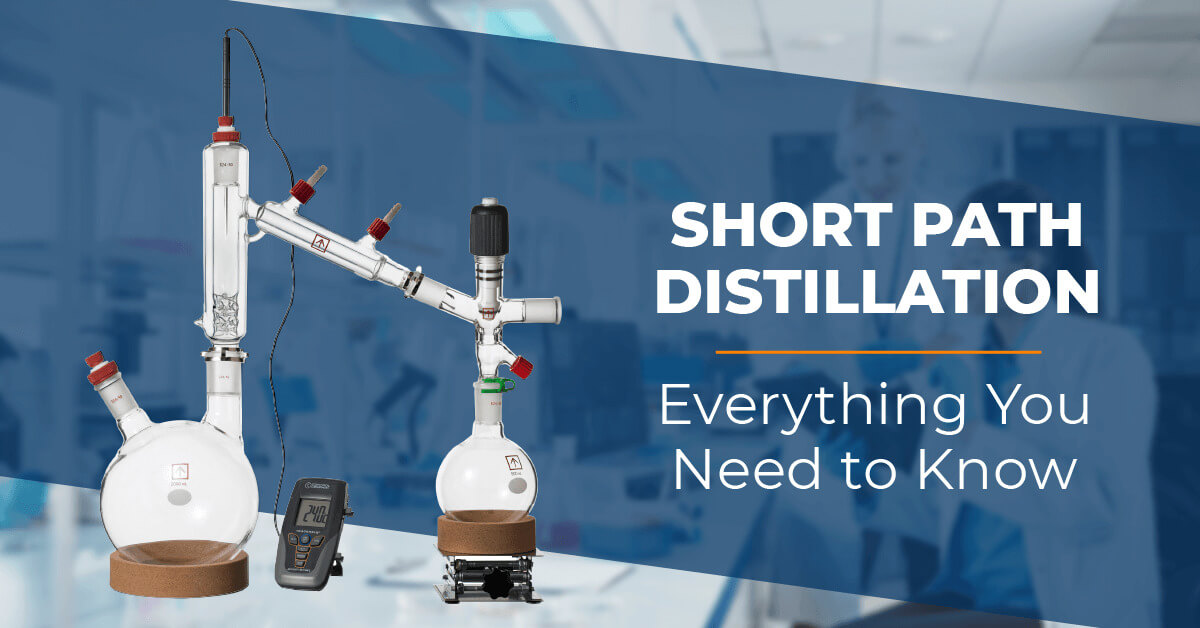We use cookies to make your experience better. To comply with the new e-Privacy directive, we need to ask for your consent to set the cookies. Learn more.
Recommendation for Flu & Covid-19 Vaccine Storage Freezers
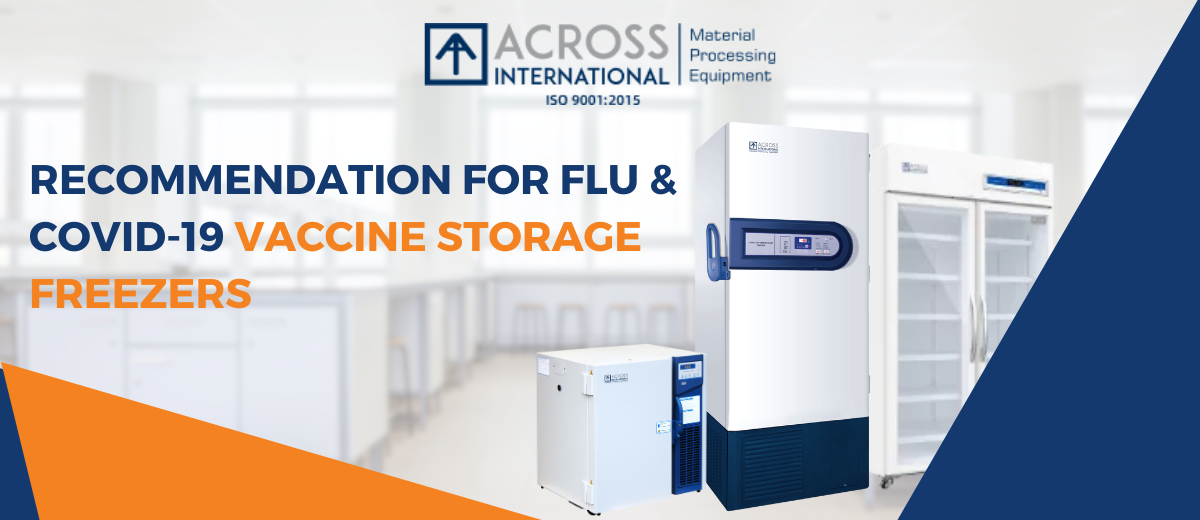
Proper vaccine storage can prevent waste and financial loss due to unwanted temperature excursions. need to be kept within a specific temperature range from the moment they’re manufactured to when they’re administered to a patient, and the influenza (flu) vaccine is no exception. Flu vaccines exposed to temperatures outside their recommended range can lose their efficacy, ultimately reducing the impact of your immunization program and patient confidence in vaccines. Following CDC recommendations for the safe storage of vaccines, including the flu vaccine, helps ensure that every flu vaccine dose counts. This is key to keeping flu cases as low as possible
The ideal units for flu vaccine refrigeration are pharmacy-grade or stand-alone refrigerators. The best-case scenario is a refrigerator that is purpose-built for storing vaccines.
How can I ensure proper Flu and Covid-19 Vaccine Storage?
Even if your practice carefully monitors flu vaccine refrigeration and COVID-19 vaccines, temperature excursions can still occur and damage your vaccine inventory. Only a compliant storage system can remove the costly risks of human error and ineffective equipment. With guaranteed temperature control and constant remote monitoring, the Across International Lab Freezers will keep your flu vaccines and COVID-19 vaccines at the ideal temperature, without any manual organization or tiresome data-logging.
Unlike dangerous dormitory-style units and unreliable combination units, Across International lab freezers can safely store both refrigerated and frozen vaccines. The purpose-built, pharmacy-grade system automatically separates vaccines, so you don’t need to worry about storing them incorrectly and letting them go to waste..
Can a combination unit to store all our vaccines together, with flu vaccines in the fridge and COVID-19 vaccines in the freezer?
Combination units are not recommended for storing vaccines as they do not ensure even temperatures in both compartments. Do not store vaccines in both the refrigerator and freezer compartments.
The CDC recommends that you only store vaccines in the refrigerator compartment of a combination unit. Do not turn off the freezer compartment as this may also affect the refrigerator temperature. Many combination units use the cold air from the freezer to cool the refrigerator. Frozen vaccines should be kept in a separate vaccine freezer unit. Before choosing another unit, be clear on the exact temperature requirements of other vaccines, especially in the case of COVID-19 vaccines.
COVID-19 vaccines require different temperature ranges depending on the product. These temperatures vary from refrigerated (between 2 and 8°C) through frozen (between -15° and -25°C) to ultra-cold (between -60° and -80°C). As with most vaccines, COVID-19 vaccine storage temperature is essential for vaccine efficacy. Do not store COVID-19 vaccines in a combination unit with other vaccines and make sure any other storage unit meets the correct temperature requirements for the product.
The flu vaccine must be stored in a refrigerator unit at a temperature between 35° and 46°F (2 and 8°C). The vaccine should never be frozen or kept outside of a refrigerator.
When storing any vaccine, you should log the minimum and maximum refrigerator temperatures at the beginning and end of each day. If the unit does not display the minimum and maximum temperatures, log the current temperature at the beginning and end of each day.
The CDC recommends the use of purpose-built or pharmaceutical-grade units designed to either refrigerate or freeze or both. Purpose-built units, sometimes referred to as “pharmaceutical grade” are designed specifically for vaccines.
Across International offers a full range of pharmacy refrigerators and freezers with superior temperature uniformity, recovery and stability. Local alarms, event logging and continuous temperature monitoring help the pharmacy meet guidelines and regulations for vaccine storage.


